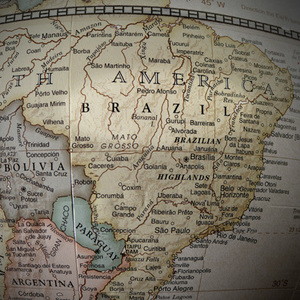Brazil announces move to 12% biodiesel blend

July 13, 2021
BY Erin Krueger
The Brazilian government on July 12 announced plans to boost the mandatory biodiesel blend rate to 12 percent, up from the current blend rate 10 percent, but below the statutory target of 13 percent.
Brazil lowered the biodiesel blend rate to 10 percent in 2020, citing an insufficient supply of the fuel, unexpected demand for diesel fuel, and high soybean prices.
In its latest announcement, the Brazilian Ministry of Mines and Energy explained that the move to a 12 percent blend rather than a 13 percent blend is expected to help avoid excessive increase in the retail price of diesel.
Advertisement
Advertisement
Advertisement
Advertisement
Related Stories
Broco Energy on July 17 announced a new partnership with the Massachusetts Port Authority (Massport) to deliver and transition Massport's fuel tanks to renewable diesel across its various facilities.
Shell Aviation, Accenture, and Amex GBT on July 10 announced Avelia is in the process of evolving to an industry solution with independent data hosting and a multi-supplier model helping users access the GHG benefits of SAF.
The U.S EPA on July 17 released data showing more than 1.9 billion RINs were generated under the RFS during June, down 11% when compared to the same month of last year. Total RIN generation for the first half of 2025 reached 11.17 billion.
The U.S. EPA on July 17 published updated small refinery exemption (SRE) data, reporting that six new SRE petitions have been filed under the RFS during the past month. A total of 195 SRE petitions are now pending.
European biodiesel producer Greenergy on July 10 confirmed plans to shut down its biodiesel plant in Immingham, Lincolnshire, U.K. The company temporarily suspended operations at the facility earlier this year.
Upcoming Events










